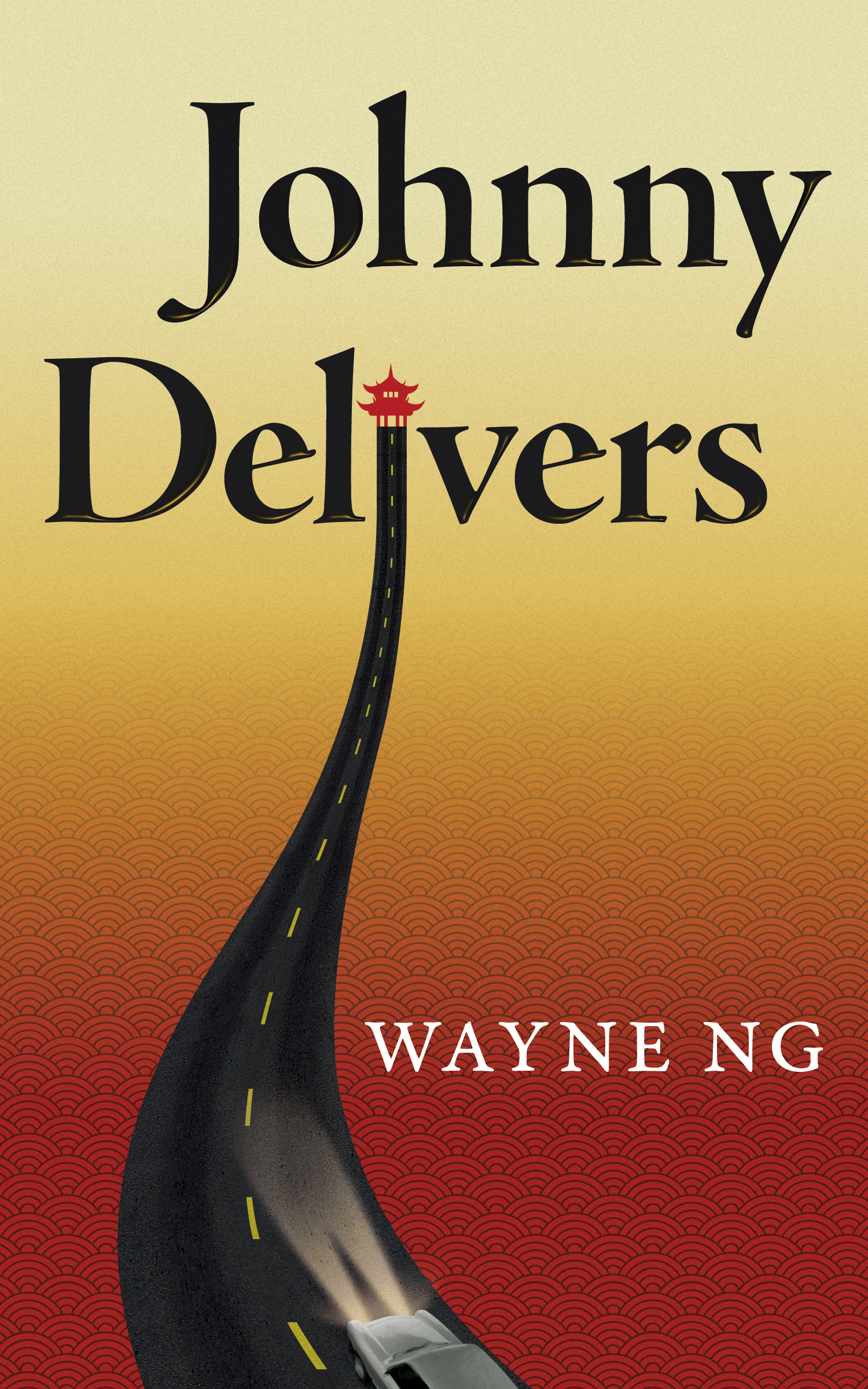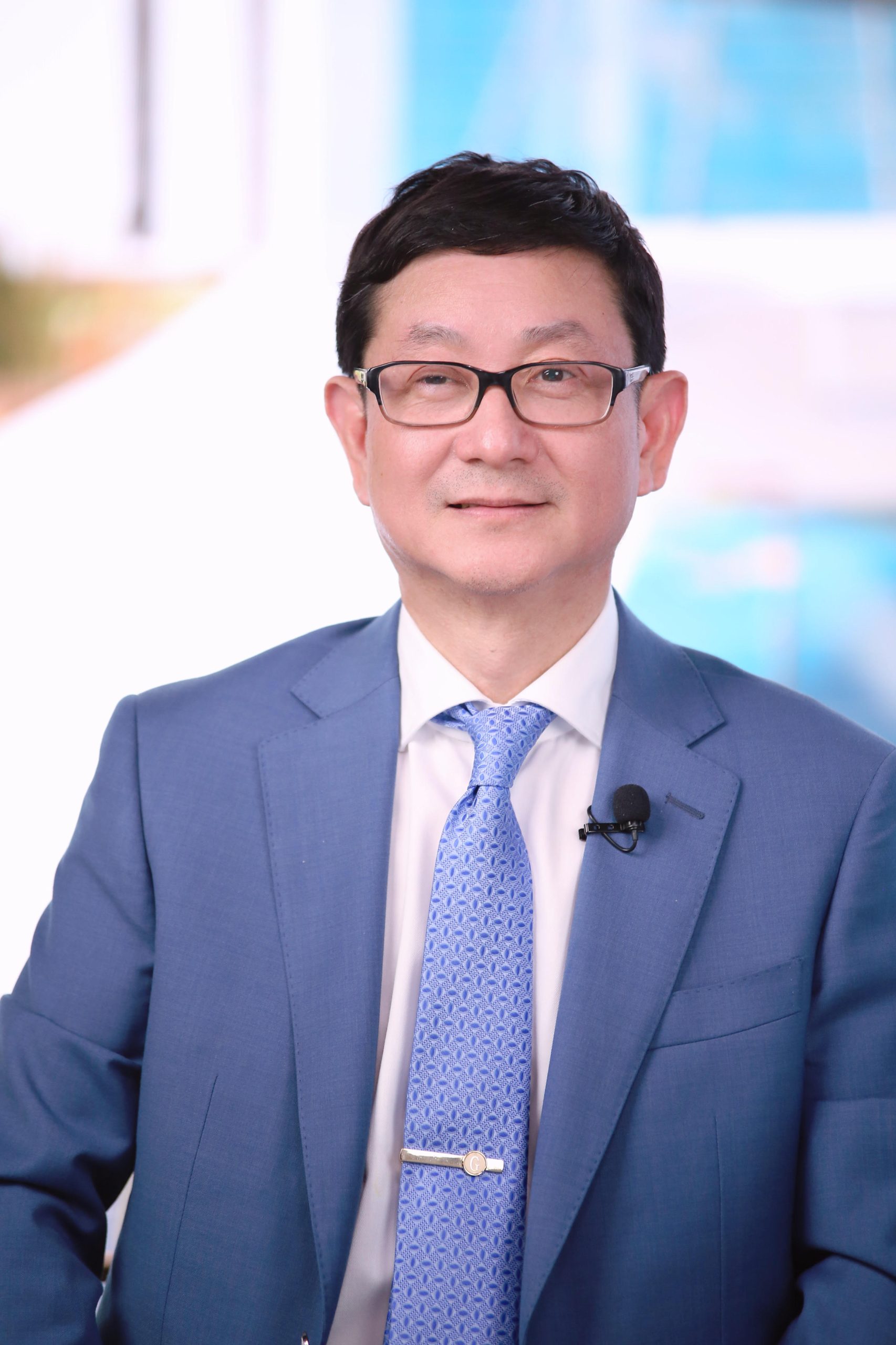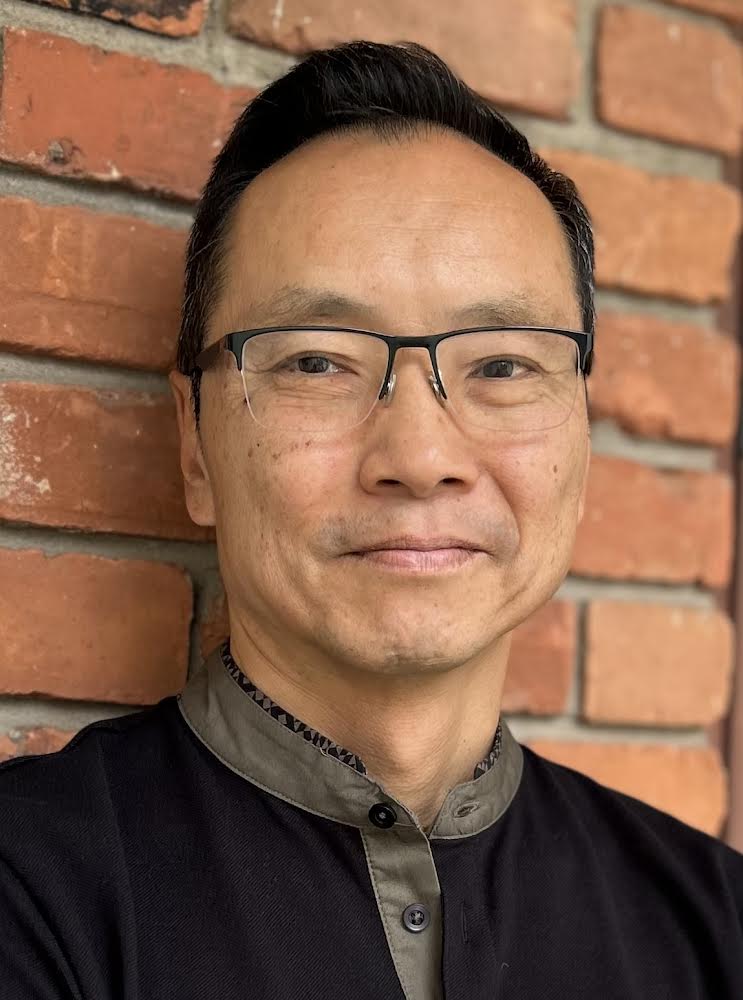 Hollay Ghadery recently interviewed authors Wayne Ng and George Ng. Wayne was born into a Chinese immigrant family in Toronto, while George was born in China. Both authors share Chinese ethnicity and immigration experiences, and their diverse backgrounds and experiences inform their writing, offering unique perspectives in Canadian literature.
Hollay Ghadery recently interviewed authors Wayne Ng and George Ng. Wayne was born into a Chinese immigrant family in Toronto, while George was born in China. Both authors share Chinese ethnicity and immigration experiences, and their diverse backgrounds and experiences inform their writing, offering unique perspectives in Canadian literature.
How did your upbringing influence your literary works?
Wayne: My family has roots in Canada going back to 1911, but the search for belonging, acceptance, and validation heavily permeates my work, even if it isn’t intentional or conscious. I think most creatives have the same DNA in most of their work, whether they’re conscious of it or not. I gravitate towards themes and subjects of identity and finding oneself, often intersecting with race, class, and marginalization. The lack of pride, confidence and a positive racial identity permeated many Chinese, such as myself, so much of my work is circling back to ow reclaiming those moments.

George Lee, author
George: My upbringing in China during the Cultural Revolution deeply influenced my debut novel, Dancing in the River. Growing up in a small riverside town, I witnessed firsthand the political and social upheavals of the time. This period of intense indoctrination and anti-Western sentiment shaped my worldview and is a central theme in my novel. The protagonist, Little Bright, embodies many of my own experiences, including the struggle to reconcile traditional Chinese values with the allure of Western culture.
Learning English and immersing myself in Western literature was a transformative experience for me, and this journey is mirrored in Little Bright’s story as he adopts the English name Victor and navigates his identity amidst changing political tides. My cross-cultural perspective enables me to write from blended cultural sensibilities, exploring the complex dynamics between Eastern and Western influences. This unique vantage point allows me to delve into themes of identity, belonging, and the quest for truth in a rapidly changing world. Through my writing, I aim to capture the nuances of this cultural intersection and the profound impact it has on individuals and societies.
You’ve both described yourselves as late bloomers to writing. Why do you think you started when you did?
Wayne: Despite some short story publications and a debut novel, I continued to self-define as a social worker and a traveller well ahead of the writer I am. As the son of immigrant parents, any aspirations to be a writer were never seriously considered. I enjoyed flexing my imagination and creativity. But when the pandemic occurred, two things happened. My second book, LETTERS FROM JOHNNY came out with critical success, and I had to speak of my upbringing. Second, I saw Asians and artists lead the attack on anti-Asian hatred. I wanted to be part of that crowd. I wanted to soak in that energy and find my voice. I wish it had come sooner, but my path took some longer detours.
George: In 1992, I came to Canada to study English literature, and later attended law school. My primary focus was on survival and adapting to a new country and culture during this period. The demands of academic and professional life, along with the challenges of navigating a new environment, placed my writing aspirations on the back burner.
However, my dream of becoming a writer never died. It simmered beneath the surface, waiting for the right moment to emerge. The survival instinct dominated my life for a long time, as I worked to establish myself in a new country and career. But eventually, the desire to write became an undeniable force that I could no longer suppress. The rich tapestry of experiences I accumulated, coupled with my cross-cultural perspective, provided a wealth of material and insights that I felt compelled to share.
Starting my writing journey at a later stage was a natural progression, aligning with my personal growth and my readiness to share my story. It was the culmination of years of reflection, reading, and a long-held dream that finally found its voice.
Who are your literary heroes?
 Wayne: I might have said Gabriel Garcia Marquez before but now they are decidedly contemporary.
Wayne: I might have said Gabriel Garcia Marquez before but now they are decidedly contemporary.
Lindsay Wong, we all know her. Gutsy, ground-breaking and mouthy. It took courage to pen The Woo Woo. So unlike most Asians I ran with. Plus she’s a rad literary citizen.
I’ll read just about anything Celeste Ng writes. She circles similar themes as I–family dynamics, racial stereotyping, the burden of expectations, shame, doubt. Their work helped me craft my two JOHNNY books, even THE FAMILY CODE.
George: My literary heroes include Charles Dickens, whose works like David Copperfield inspired my own coming-of-age story, and Arthur Conan Doyle, whose Sherlock Holmes stories introduced me to the world of reasoning and critical thinking. These authors opened up new worlds for me and deeply influenced my writing style. Additionally, Ernest Hemingway is another significant influence. His minimalist prose and ability to convey deep emotions with simple language have always fascinated me. Hemingway’s works, such as The Old Man and the Sea and A Farewell to Arms, offer profound insights into the human condition, and his distinctive narrative voice has left a lasting impression on my approach to storytelling.
Both of you have unique perspectives shaped by your backgrounds. How do you see your works contributing to the broader landscape of Canadian literature?
Wayne: I want to broaden readers’ knowledge of Chinese-Canadian history. So, while JOHNNY DELIVERS is fun and edgy and will engage most readers, it emphasizes lesser-known aspects of our history, such as the Associations and paper families.
I become edgier still in my work in progress as I move towards creating work that expands and challenges the tropes and conventions of Asian stories and storytellers, which darkly satirizes race, class, privilege and achievement. My protagonist is unlikable yet multi-dimensional. I want our characters to go beyond the hard-working, selfless immigrant stories.
George: My work offers a unique and nuanced contribution to Canadian literature, deeply influenced by my background growing up during the Cultural Revolution in China and my later immigration to Canada. This cross-cultural journey has provided me with a distinctive perspective that explores themes of identity, displacement, and the intersection of Eastern and Western cultures.
What are you working on now?
Wayne: My fifth novel. As I said, a darkly humoured satire and my most political, original and ambitious work to date. It’s speculative and includes a celebrity chef, a secret society, a plot to solve the climate and economic disparity, and a feast to die for—literally.
I blew my editor and beta readers away, so I feel good about it.
George: I’ve decided to put my next fiction project on hold to focus on an exciting new endeavour that has captured my interest—writing a self-help book about emerging AI. The book is titled “S.M.A.R.T. Parenting 5.0: 10 Rules to Raise Successful Kids in the Age of AI,” and it’s a passion project that’s close to my heart. I’m thrilled to share that this book is scheduled for publication by the end of this year.
Hollay Ghadery is an award-winning Iranian-Canadian multi-genre writer living in rural Ontario on Anishinaabe land. Fuse, her acclaimed memoir of mixed-race identity and mental illness, was published by Guernica Editions’ MiroLand imprint in 2021 and won the 2023 Canadian Bookclub Award for Nonfiction/Memoir. Her debut collection of poetry, Rebellion Box, was released with Radiant Press in April 2023. Hollay’s short-fiction collection, Widow Fantasies, is due out with Gordon Hill Press in 2024.